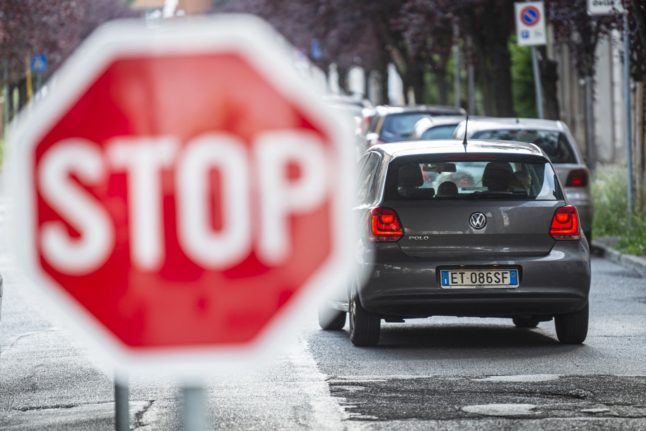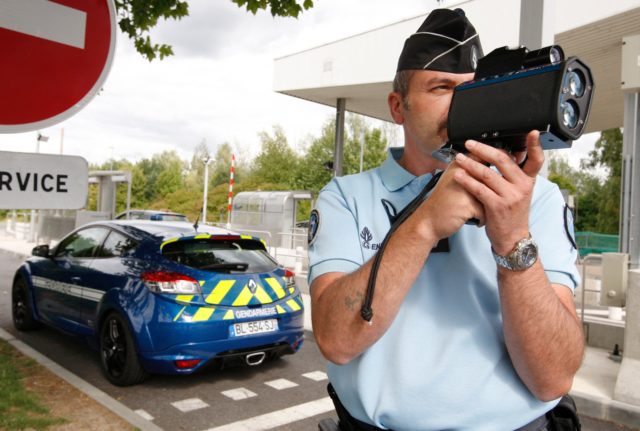Foreign licence plates aren’t exactly a rare sight in Italy, but should you happen to see one or more cars with Polish licence plates in the country it may not be down to a wave of road trippers from eastern Europe.
According to a recent report from public broadcaster Rai’s news programme Far West, a growing number of motorists in Italy are swapping their Italian plates with Polish ones, with the trend being particularly widespread in Naples, where some 35,000 vehicles have a foreign targa (that’s over 65 percent of the total number of foreign-plate vehicles in Italy).
But as Italian media have already dubbed Campania’s capital “Warsaw’s outskirts”, exactly what is behind the trend?
The surge in Polish-registered vehicles is reportedly down to an emerging insurance evasion tactic which sees motorists dodge Italy’s steep insurance costs by having their car or motorcycle registered in another EU country, with Poland being the most popular choice.
According to data from Italy’s insurance supervisory authority IVASS, insurance costs in Italy have risen by some 7.6 percent over the past year, with Italian motorists currently paying 27 percent more than the average EU resident to insure their vehicle.
And while a large number of Italians are not paying for insurance at all – an estimated 2.6 million vehicles are currently circulating in the country without the mandatory RC (Responsabilita’ Civile) coverage – many have seemingly opted to outsource insurance to lower their yearly bill.
READ ALSO: How to pay Italian traffic fines from abroad
According to a report from Il Corriere della Sera, an increasing number of motorists are removing their cars from Italy’s Public Register of Motor Vehicles (PRA) and selling them to Poland-based rental companies only to then have them leased back to them as part of standard car lease agreements.
This can lead to significant savings. For instance, while overall insurance costs for a scooter may exceed 1,500 euros a year in some parts of Italy, insurance on a scooter leased from Poland generally costs between 600 and 800 euros for the first year and from 300 to 350 euros a year for the following years.
But, while the tactic may be legal – as of March 2022 Italian residents can legally drive vehicles registered elsewhere in the EU as long as they’re not the owners and meet a number of conditions – it may potentially result in serious consequences further down the line, especially in the event of accidents.
READ ALSO: How can you lose your driving licence in Italy?
Insurance broker Salvatore Vitagliano told TV programme Far West that “it may take months if not years” for someone driving a vehicle with foreign insurance to receive compensation following an accident.



 Please whitelist us to continue reading.
Please whitelist us to continue reading.
Member comments